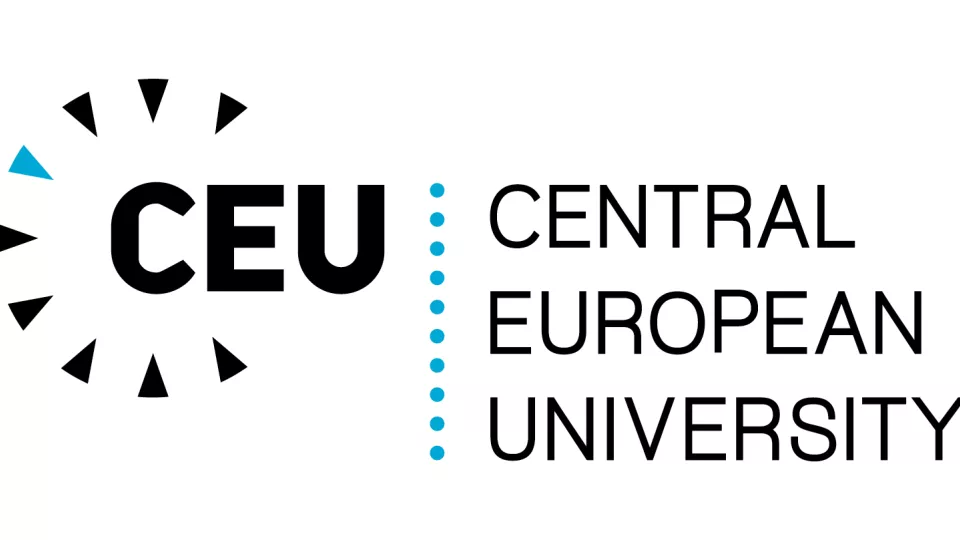We, the faculty and students of the Department of Gender Studies at Lund University, are writing this letter to express solidarity with our fellow academicians from Central European University at Budapest, European University at Saint-Petersburg and numerous Turkish universities that experience political pressure and remain under the threat of closure. We condemn the unfair accusations brought against all those highly reputable institutions and distinguished individuals and urge the governments of those countries to respect academic freedom and human dignity. Being a part of a world-class academic institution with 350 years of academic tradition, we remain fully committed to the principles of academic freedom, democracy and international cooperation that are vital for any higher education institution willing to be a center of competitive knowledge production in the modern world.
Central European University has established itself as one of the best higher education institutions in Central and Eastern Europe. Some of its programs and departments are rated among the top 50 in the world. CEU has been attracting successfully competitive European Research Council grants into Hungary. It has earned academic prestige and respect among the leading international scholars and intellectuals. CEU’s reputation extends to Budapest and Hungary as well. Together with other Hungarian universities, such as ELTE and Corvinus, CEU promoted Hungarian academia as welcoming and free. CEU’s potential expulsion from Hungary will cause severe reputational damages to the Hungarian research and educational scenes.
European University at Saint-Petersburg is one of the leading research centers for social sciences and humanities in Russia. Many of its faculty members are internationally acclaimed scholars and the top specialists in their respective fields. Recently, it was ranked as number one in Russia in terms of research output per faculty member. Dozens of universities across North America, Europe, Africa and Asia rely on research produced by the European University at St. Petersburg in their teaching. Unjustified and largely formalistic pressure that the university is undergoing right now not only further curbs academic freedom in Russia, but also undercuts the intellectual efforts of Russia’s most able and brightest, i.e. those who have been representing Russia most favourably in the international academic community.
There are many other countries and places where academicians are put under political pressure. With this statement of solidarity, we want to show that they are not alone in their struggle and fight. We believe that the international recognition that the affected institutions and individuals have managed to gain reflects their forefront position in global academia. Hence, the exerted pressure harms not only their local academic environments, but global academia as a whole, which we believe ourselves to be a part of.
Department of Gender Studies,
Lund University


